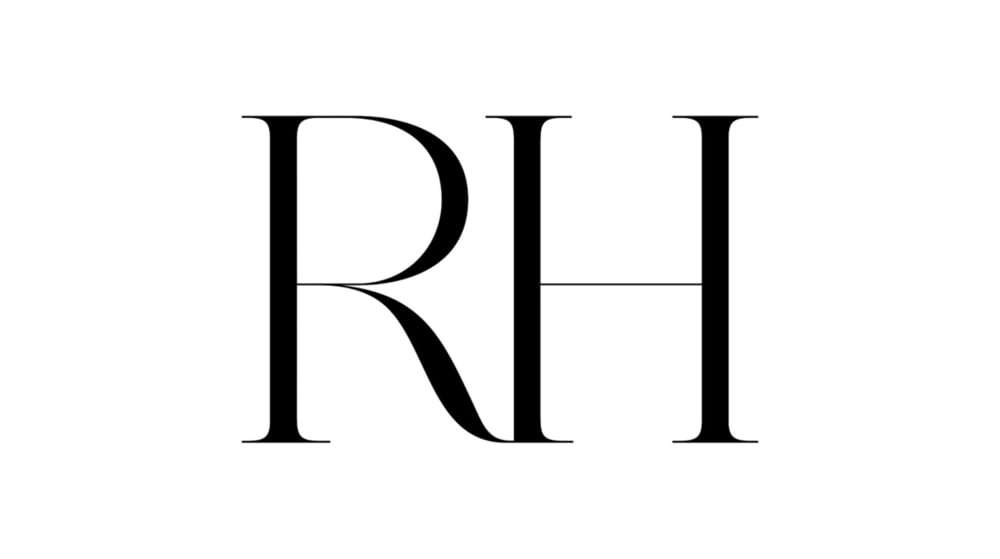Related Articles
Coty Shares Surge 11% on Speculation of Strategic Breakup
Shares of Coty Inc. $COTY jumped 11% following a report by WWD suggesting that the global beauty company is exploring a potential strategic sale, possibly involving the separation of its luxury and consumer beauty divisions. The discussions are reportedly in the early stages, with multiple industry sources confirming that Coty is weighing such a move. The sharp rise in the stock reflects investor optimism about the potential value unlocked through a restructuring or sale, particularly given Coty's diverse brand portfolio and expansive global distribution network.
Metaplanet Expands Bitcoin Holdings with $210M Bond Issuance
Metaplanet Inc. $3350.T has issued bonds worth ¥33 billion ($210 million) to strengthen its Bitcoin $BTCUSD acquisition program. The Tokyo-based firm is doubling down on digital assets amid structural shifts in corporate treasury models. This move continues the accumulation strategy launched in April 2024, signaling an institutional shift toward crypto-native asset allocation. The market responded swiftly: shares of Metaplanet rose 17% after the announcement. Since January, its stock has surged over 408%, driven largely by investor anticipation of further BTC-related developments.
Vedanta Shares Advance Ahead of FY26 Interim Dividend Board Meeting
Vedanta Ltd. $VEDL saw its share price climb by 2% in intraday trading on Monday, buoyed by investor optimism following the company’s announcement of a forthcoming board meeting to consider the first interim dividend for FY26. The gain, although modest, highlights persistent market sensitivity to Vedanta’s high-yield profile and dividend policy. The board is scheduled to convene on Wednesday, June 18, 2025, to evaluate the distribution of interim dividends, if any, for the financial year 2025–26. The announcement was made via a regulatory filing on Friday, after market hours, triggering early Monday buying activity in anticipation of a potential payout.








Bold investment approaches are paving the way for groundbreaking advancements in automation and technology.
This shocking plunge in RH shares shows just how intertwined politics and the market really are.
This sharp decline in RH's stock definitely highlights the unpredictable nature of the market and the impact of political decisions on investor confidence.